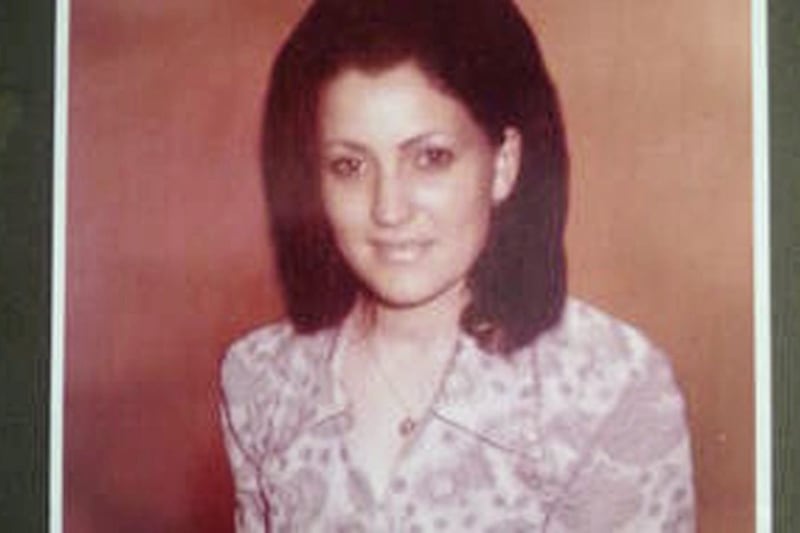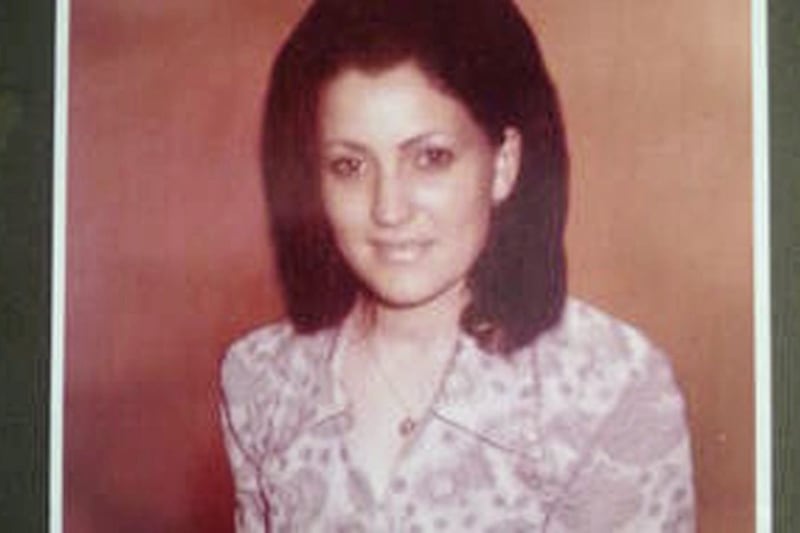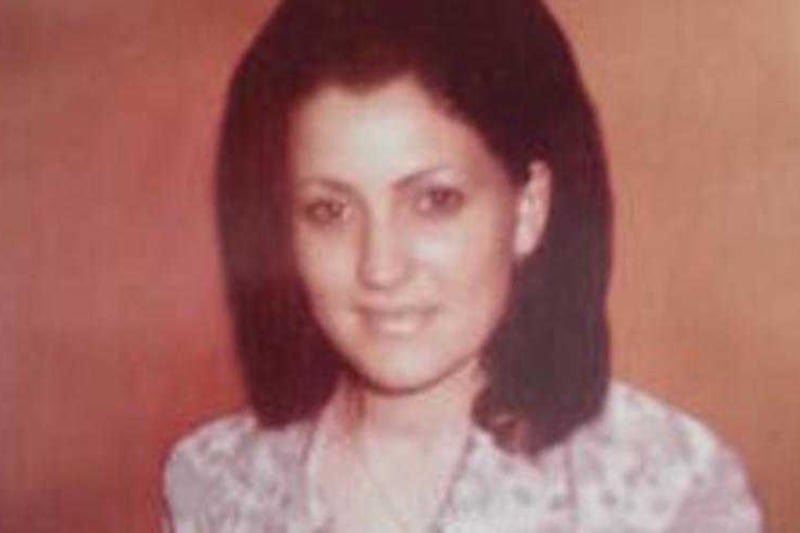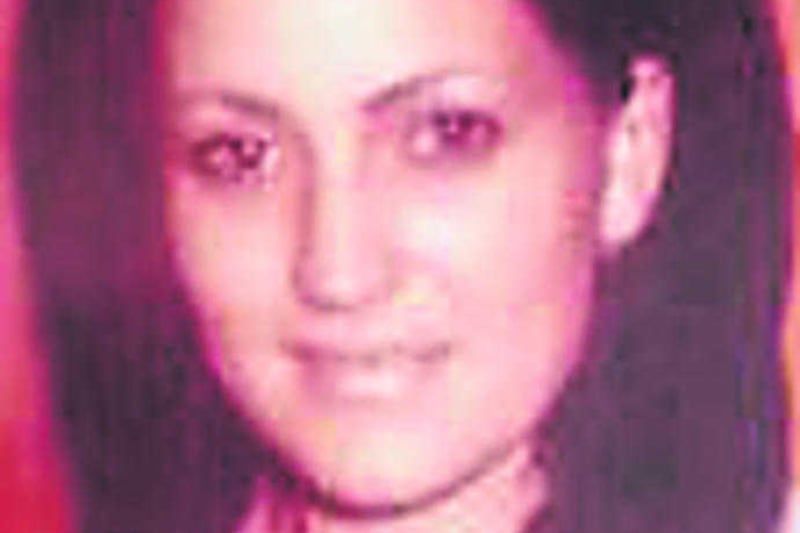THE former police chief heading an investigation into the killing of a young west Belfast woman almost 50 years ago has appealed for ex-IRA and security force members who may have information to contact him.
Operation Kenova Head Jon Boutcher made the call on the 48th anniversary of Jean Smyth Campbell's death.
The 24-year-old was shot in the head as she sat in a car, a green Austin 1,100, at a bus terminus on Glen Road at around 11.40pm on June 8, 1972.
The mother-of-one was making her way home with a friend after a night out.
While the IRA was initially blamed many now believe that the British army unit known as the Military Reaction Force may have been responsible.
Suspicions were raised when the research charity Paper Trail discovered British army logs showing that the MRF had fired shots in the area of the murder on the night Ms Campbell was shot.
Speaking at the spot where the young mother was cut down Mr Boutcher, who is a former chief constable at Bedfordshire Police, said he was “convinced that nobody intended for Jean Smyth Campbell to be killed that night”.
“We need to understand for the family how it happened,” he said.
He explained that after Ms Smyth Campbell was shot her companion flagged down a cab and that while numbers vary it has been claimed that between seven and 15 people placed her in the vehicle.
He made a special appeal for one woman who is believed to have been present.
“There is a ginger or red haired girl described in her mid teens who was with the group that we think put Jean into the cab,” he said.
“We would desperately like her to come forward to talk to us.”
This woman was also referred to in British army logs from the night.
Mr Boutcher also appealed to former IRA and security force members to tell what they know.
“Anybody who was part of the security forces, part of the IRA... please come and talk to us in the utmost confidentiality and sensitivity so we can understand the truth of what happened to this woman,” he said.
The police officer said his team has been given full access to British army logs from the night Ms Smyth Campbell died, although some files have yet to be examined.
He also revealed that fragments of the bullet that killed the young victim still exist.
“We are doing everything we can with today's forensic techniques to try and understand everything that we can about where that bullet came from,” he said.
On the night Ms Smyth Campbell was killed, shots were earlier fired in the area of a nearby British army sanger and within two hours of her death British soldiers claimed to have shot a man close to the spot where she died.
Mr Boutcher said computer modelling techniques are available to his team “to try and understand this particular location where Jean was shot – where could that discharge have come from?”
He added that although no former British soldiers have been interviewed the investigation has identified the people it needs to speak to.
“We have got an open mind as to who was responsible for this killing,” he said.
“What we are going to do is try to establish absolutely the truth of who was responsible for the family.”
Mr Boutcher has asked anyone with information to contact the Operation Kenova team on 01234 858298, email kenova@met.police.uk or get in touch with Niall Ó Murchú of Kinnear & Co Solicitors.








